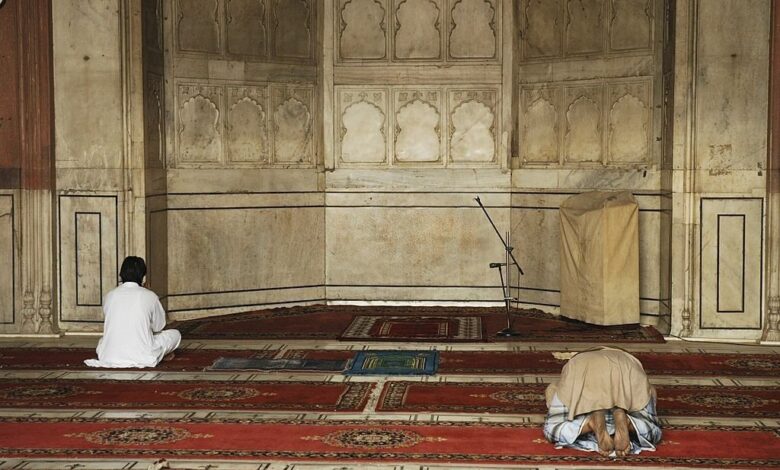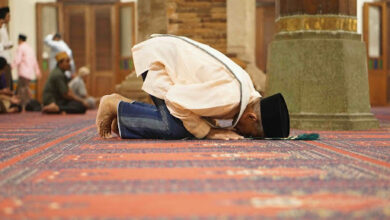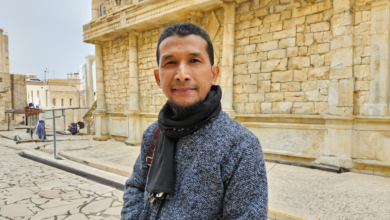This is how to make up the prayer of people who have died

DDHK.ORG - This is how to make up the prayer of people who have died
Peace, mercy and blessings of God
Ustadz, I want to ask a question.
Is there any evidence or law, that heirs or relatives can pay the qodho for the prayers of the dead?
If the deceased/deceased has forgotten or left prayer during his life, how do you pay for it?
Thank you, Ustadz.
Greetings, Fulanah
ANSWER:
ليكم السلام الله ات
Bismillah… The legal prayer is fardlu 'ain (compulsory for every Muslim) and cannot be represented by anyone, even under any circumstances. If you are sick, for example, and you cannot perform ablution, it is permissible to do tayammum. If he is unable to stand, it is permissible for him to sit, or lie down, with a sign, or even with his heart. If a person is sick to the point of coma, unconscious, or losing his mind, then he is not obligated to pray.
Then, can we make up the prayers of people who have died, especially the deceased who are still our parents, children, or relatives?
Not all worship that has been missed by a person who has died may be carried out by his heirs by means of qodlo. Among those that may be qodlo by his heirs are fasting, Umrah, and Hajj. Among them is the hadith of Umm the believer Aisyah radiyallahu 'anha, the Prophet sallallaahu 'alaihi wasallam said:
ات ليه ام ام وليه (متفق ليه)
"Whoever dies and still has a debt of fasting, then his guardian (his heir) is the one who fasts for him." (Narrated by Bukhari Muslim)
As for prayer, there is no qodlo on heirs for people who have died. However, among the Hanafiyah scholars, it is permissible to give charity for prayers left by people who have died with the evidence of a hadith narrated by Ibn Abbas radiyallahu 'anhuma:
لَا لَا لِّي أَحَدٍ لَكِنْ (رواه النسائي)
"A person should not fast for another person and also not pray for another person, but (by) giving food (on behalf of that person)." (HR Nasa'i). This hadith is considered weak because it is mauquf (its sanad stopped at a friend, namely Abdullah ibn Abbas radliyallahu 'anhuma)
Imam Sarkhasi rahimahullah Ta'ala in the book Al-Mabshut said: "If a person dies and has a prayer debt, then he is paid for each prayer half a sa' of wheat."
Muhammad bin Muqatil rahimahullah Ta'ala said: "Paid with food for each prayer of half a sha' as qiyas from fasting."
Their proof by giving food is to make up for the fast left by people who have died.
1 sha 'is the size of zakat fitrah in general. If half, then half of the size.
Among the scholars of Syafi'iyah, it is argued that the charity given is only 1 mud. The size of 1 mud is a quarter of the size of zakat fitrah.
Although there is an opinion that it is permissible to pay alms on behalf of a person who has died in exchange for the prayers he left during his life, a stronger and more careful opinion is that there is no alms in exchange for his prayers. Because this can make a person lazy to pray and only hope for alms on his behalf after death.
If it is possible, then it is a scholarly ijtihad. Even then it is not immediately given to people who during their life are lazy to pray until death picks them up.
Hope it works!
Wallâhu a'lam bish-showâb.
Peace, mercy and blessings of God
...
(Answered by: Ustadz Very Setiyawan, Lc., S.Pd.I., MH)
#Friends of Migrants want to consult about Islamic religious issues and life issues? Come on, submit the question via WhatsApp message to number +852 52982419. [DDHKNews]



